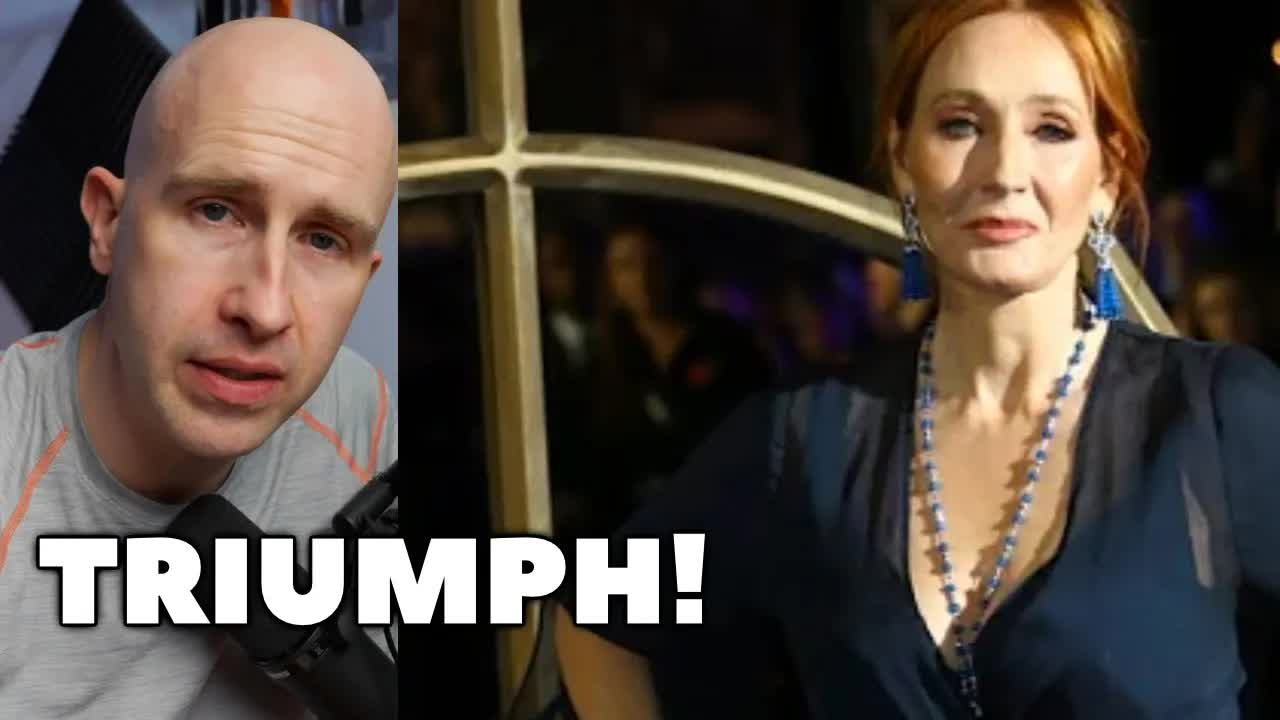In recent days, JK Rowling has emerged as a prominent figure in the ongoing debate surrounding freedom of expression in the United Kingdom.
Her defiance against the newly enacted Hate Crime and Public Order Scotland Act 2021 has sparked considerable discussion.
This legislation introduces a range of offenses related to what constitutes stirring up hatred, based on various characteristics such as age, disability, religion, s**ual orientation, and gender identity.
Critics argue that the law is overly broad, leaving many unsure of what could be deemed threatening or abusive.
Rowling took to social media, specifically X, to voice her concerns and challenge the implications of the new law.
In a series of eleven posts, she made it clear that she would not back down, even daring the police to arrest her if they believed she had violated the law.
Her bold stance resonated with many, and even Prime Minister Rishi Sunak weighed in, emphasizing the importance of free speech and stating that criminalizing common-sense discussions about biological s** is simply unacceptable.
The police have since declared that Rowling’s posts do not warrant any further action, a decision that highlights the challenges of interpreting the law.
Despite this, the police received thousands of complaints, demonstrating that the legislation’s vague language can lead to misuse.
The reliance on what constitutes a “reasonable person’s” perception of threats creates a slippery slope where individuals may file complaints without substantial grounds, overwhelming law enforcement resources.
It’s worth noting that just a month prior, police had acknowledged their limited capacity to manage all types of offenses, including theft and vandalism.
How can they possibly address the flood of complaints stemming from online disagreements?
The reality is that social media platforms can ignite passionate debates, leading to a barrage of reports that may not hold merit.
To gauge public sentiment, I posted my own thoughts on X, expressing support for Rowling’s stance.
I encouraged others to engage with that post, fostering a dialogue around the importance of free speech.
It’s vital to remember that freedom of expression is a cornerstone of democracy, and the UK law provides robust protections for this right.
It safeguards not just the content of our ideas but also the manner in which we express them.
As a journalist, I believe it’s crucial to convey ideas in various tones, even if they provoke or challenge societal norms.
Just because someone finds a statement unsettling doesn’t mean it crosses the line into harassment or abuse.
The threshold for limiting free speech should be high, requiring more than mere disagreement or discomfort with a viewpoint.
The new legislation’s inclusion of the term “insulting” raises further questions about its application.
To genuinely stir up hatred, the actions or words must incite widespread animosity against a group, not just offend an individual.
The ambiguity in this law could lead to unnecessary confusion, prompting individuals to file complaints without justification.
While the law was delayed to allow police training on how to handle complaints effectively, Rowling’s case sets a precedent for future interactions on social media.
It signals that not every controversial post will result in legal repercussions, offering some reassurance to those who wish to express their opinions online.
The past few days have been a fascinating chapter in the ongoing conversation about free speech in the UK.
Rowling’s situation serves as a reminder of the delicate balance between protecting individuals from genuine hate and ensuring that freedom of expression remains intact.
As society navigates these complex issues, it’s essential to foster open dialogue and encourage respectful discourse, even when opinions clash.
In a world where words can spark intense reactions, understanding the boundaries of free speech becomes increasingly vital.
The unfolding events surrounding JK Rowling highlight the need for clarity in legislation and the importance of safeguarding our rights to express ourselves freely.
As the debate continues, one thing remains clear: the conversation about free speech is far from over.










